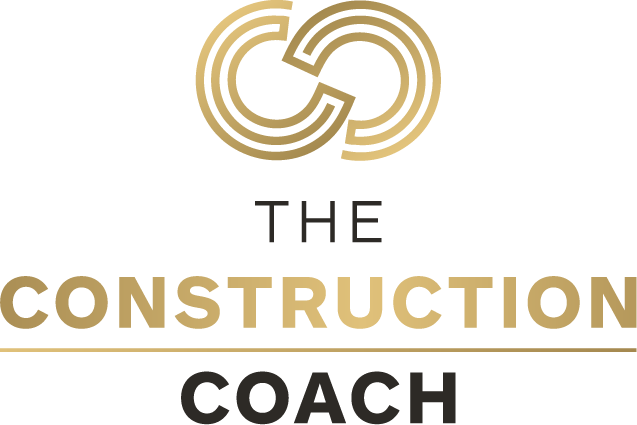AI in Construction
By Kristian Jenkins
Artificial intelligence (AI) is a broad term that generally refers to technologies that use algorithms to process data and simulate human intelligence. Examples of AI technologies are integrated - in information modeling (BIM), smart contracts stored on blockchain-based platforms, and construction schedule creation. These technologies are used in various industries, including finance, medicine, healthcare, education, healthcare, and many others.
To stay ahead of the curve, we must consider both its benefits and its legal implications, as well as the potential risks and benefits of AI.
Artificial intelligence can easily be combined with sensors and networking platforms, such as monitoring systems in a fleet of construction vehicles. AI can predict what efforts will lead to the development of the necessary skills, and thus AI will play a more significant role in construction in the coming years, read our analysis of the current state of AI, and its impact on construction.
Artificial intelligence or machine learning is quickly becoming a supportive tool for proactively identifying risks and helping stakeholders make decisions without affecting their projects. Artificial intelligence (AI) is the process of creating machines - induced human intelligence and imitating a machine to solve problems. Construction companies can cut costs and work more efficiently by using AI and machine learning to prevent cost overruns.
According to a recent study by McKinsey & Company, the engineering and construction (E & C) sector is worth more than $10 trillion annually. The report suggests that the global artificial intelligence market in construction should reach $4.51 billion by 2026. AI shows the construction industry endless possibilities and can help to reduce construction costs in many ways.
Using AI doesn't mean robots will be a match for you, but companies that use artificial intelligence in their projects are likely to make 50% more profit. AI enables us to streamline processes, reduce costs, time and risks and improve the quality and output of our projects. This implies that algorithms can solve the most significant challenges and improve efficiency and productivity.
BIM software companies have already begun to use artificial intelligence to improve the quality and efficiency of their projects and their quality of life. BIM software can now use machine learning to learn from this data, recognize patterns, and make decisions about how to automate and improve construction process models. A significant advantage of artificial intelligence in construction projects is its ability to remove data silos. By exploring the possibilities of every aspect of a construction project and finding the best solution much faster than the human mind, AI can collect and use vast amounts of data in real-time.
This data can be used for machine learning to track productivity and suggest improvements. One example is Spot R, which allows teams and managers to see 2D drawings in real-time, as well as 3D and 4D models of their projects.
Construction companies are beginning their journey towards AI technologies to digitize their workflows and project documentation. The construction sector is well-positioned to benefit from AI and machine learning and other forms of artificial intelligence.
The industry has made significant progress, which has affected not only the construction industry but the entire construction & engineering industry as a whole. The development of smartphones, tablets, and wearables has brought technology into the field and enabled data collection directly from the sites, further increasing the value.
The value of this information lies in the ability to analyse trends and scenarios in-depth to make the project company more profitable. Understanding where to find the technology and how to use it is key to achieving considerable benefits in reducing risk. We as an industry must recognize that this principle is a powerful tool for reducing and combating building risks before, during, and after a construction project.
Artificial intelligence in construction is born out of machine learning to solve problems and perform tasks faster and more accurately. It offers hidden insights into data that humans cannot or will not process for too long. Activities that hinder construction can now use artificial intelligence to improve productivity, safety, quality, and scheduling.
Author - Kristian Jenkins
About: Passion for Construction, Building Information Modelling, Artificial Intelligence, Coding, Application Development & Travel. Bachelor Or Architecture - RMIT, Masters In Construction - Melbourne Uni
Sources:
· https://www.autodesk.com/autodesk-university/article/Rise-AI-and-Machine-Learning-Construction-2018
· https://www.procore.com/jobsite/how-will-artificial-intelligence-change-the-construction-industry/
· https://www.lexology.com/library/detail.aspx?g=5534bd62-5197-4b6a-989e-bcd14da7e141
· https://www.pbctoday.co.uk/news/bim-news/ai-bim-systems/76032/
· https://www.futurithmic.com/2019/04/16/ai-will-reduce-construction-site-injuries-deaths/
· https://esub.com/blog/artificial-intelligence-construction-future-construction/
· https://www.e-zigurat.com/blog/en/artificial-intelligence-in-construction/
· https://theconstructor.org/digital-tools/artificial-intelligence-construction/114159/

